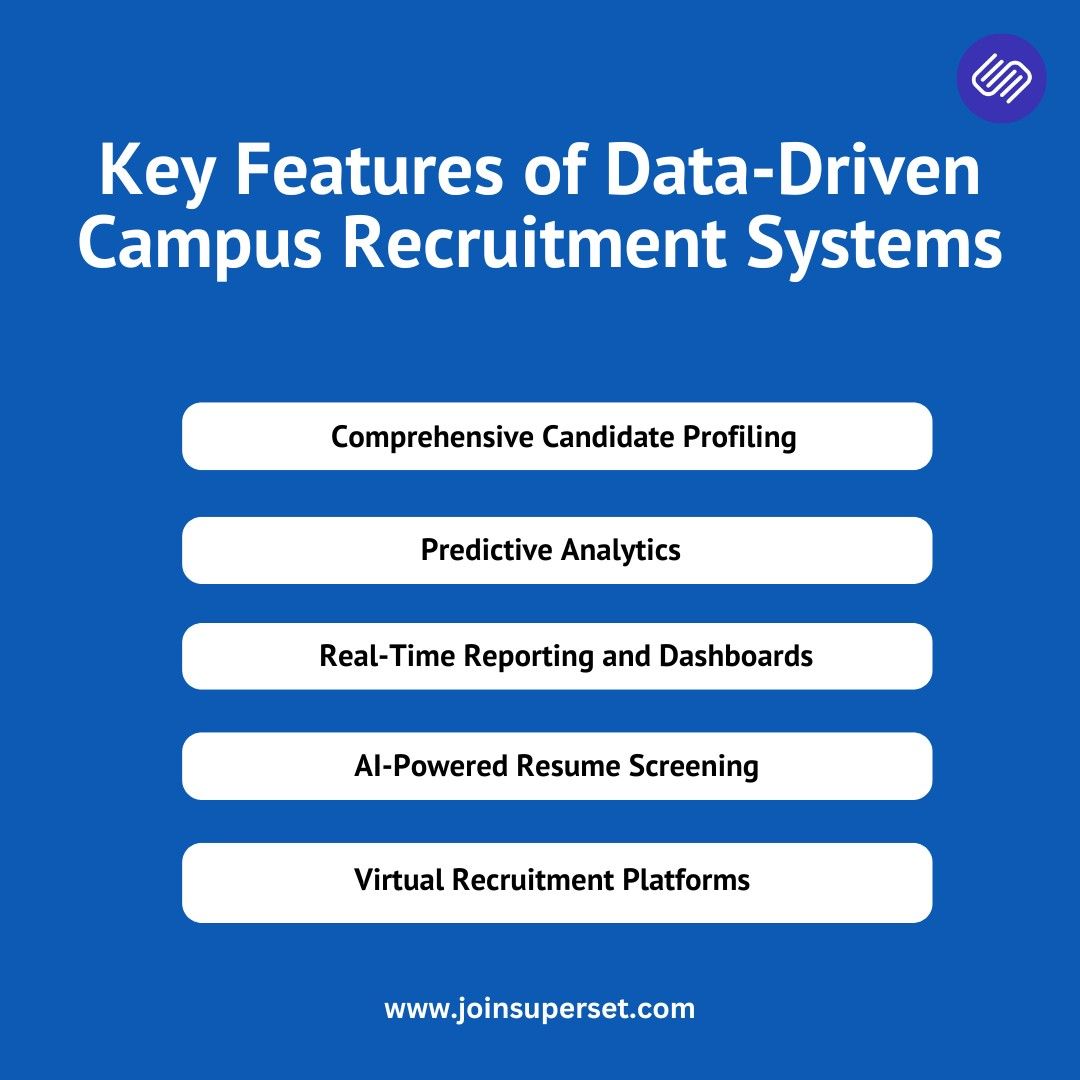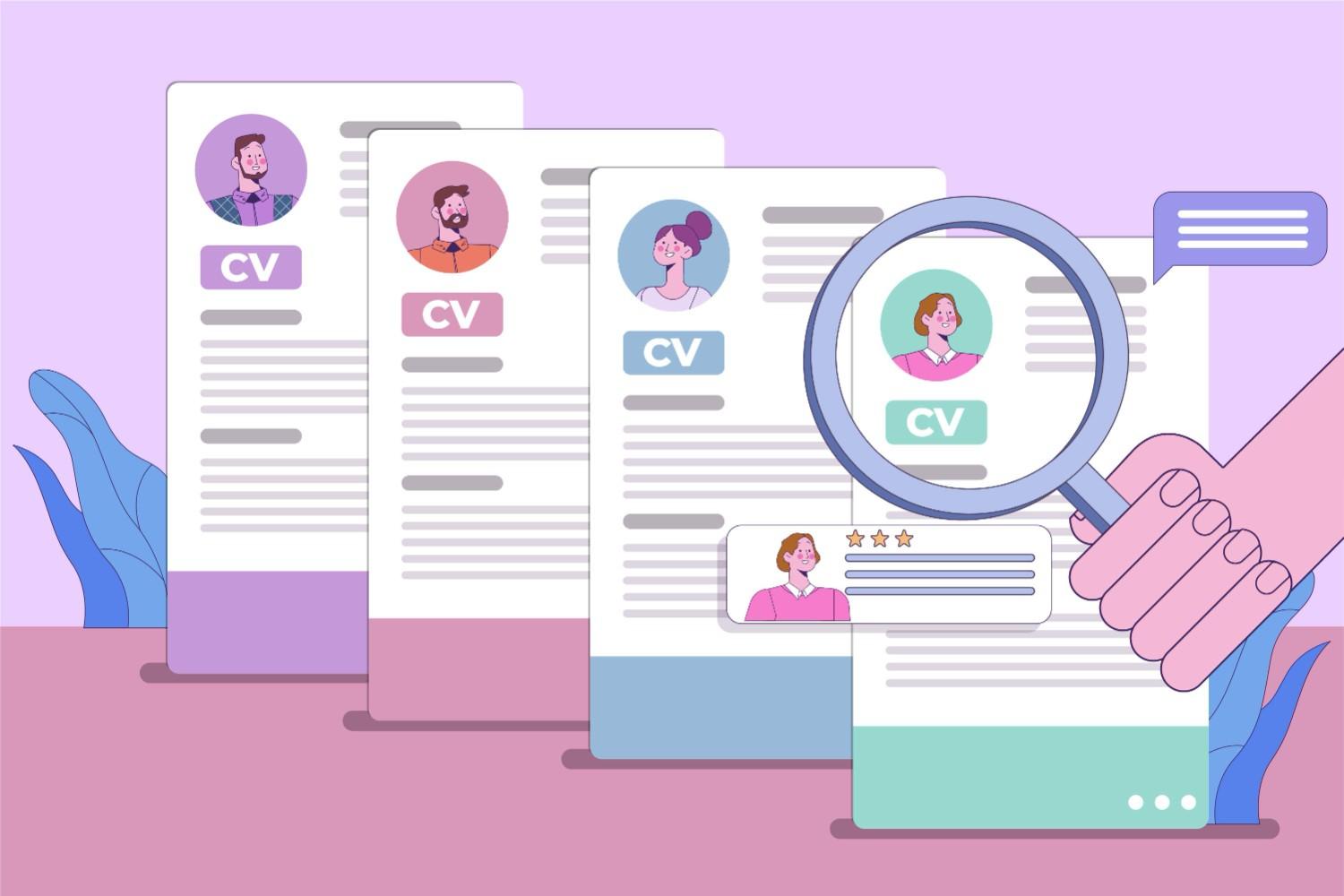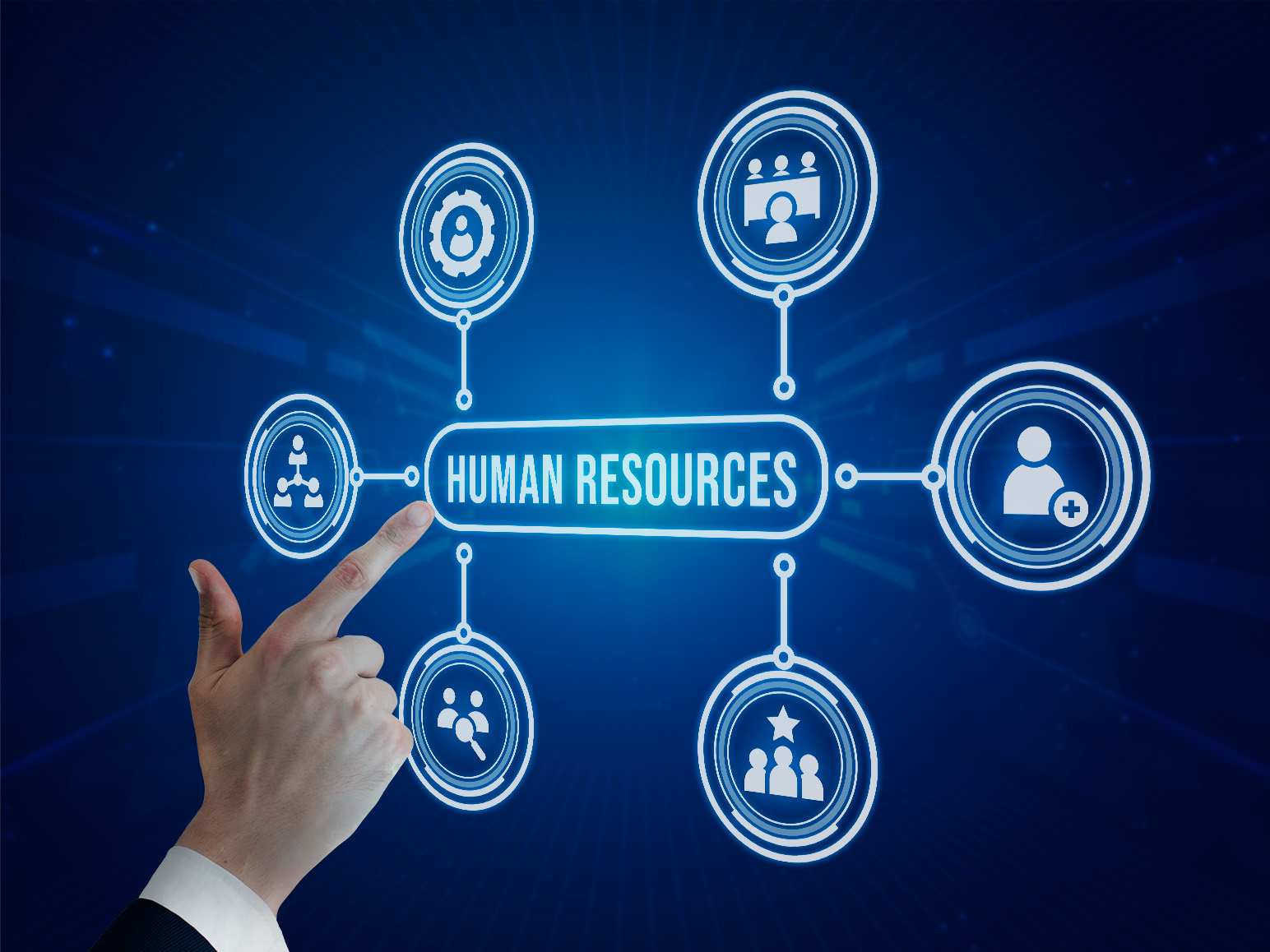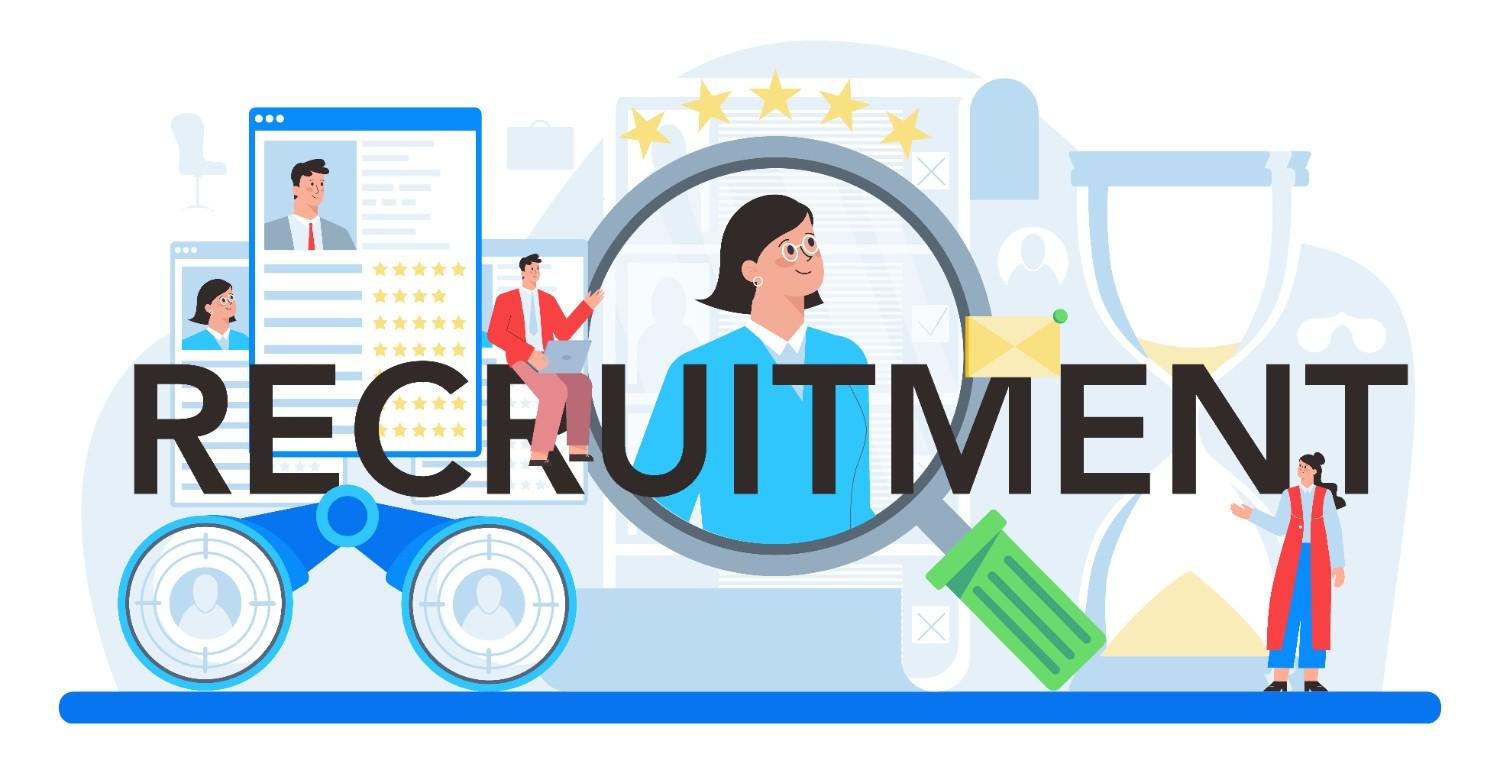In today’s competitive talent landscape, traditional recruitment methods, centered around resumes and interviews, are no longer sufficient to identify the best candidates. The advent of advanced campus recruitment systems, coupled with the power of data analytics, has revolutionized how companies hire fresh talent. By leveraging campus hiring automation software and virtual recruitment platforms, businesses can go beyond surface-level qualifications to find the perfect match for their organizational needs. In this blog, we explore how modern campus recruitment automation software harnesses data analytics to transform hiring and create unparalleled efficiencies for companies.
1. The Shift from Traditional to Data-Driven Campus Recruitment
For decades, the campus recruitment process was paper-heavy and reliant on manual screening of resumes. This process consumed significant resources and left room for biases and inefficiencies. Today, data-driven campus recruitment systems are reshaping the game by using analytics to assess candidates holistically.
Limitations of Traditional Recruitment:
- Focused heavily on grades and resumes, neglecting soft skills and cultural fit.
- Prone to human biases and inconsistencies.
- Limited scalability, especially during high-volume recruitment.
How Data Analytics Makes a Difference:
Modern campus hiring automation software collects, processes, and analyzes vast amounts of candidate data, uncovering patterns and insights that human recruiters may overlook. This allows recruiters to:
- Identify top candidates based on skills, personality, and potential.
- Reduce time-to-hire with automated shortlisting.
- Improve diversity and inclusion in hiring.
2. Key Features of Data-Driven Campus Recruitment Systems
The integration of data analytics into campus recruitment systems is made possible through a suite of innovative features:

a. Comprehensive Candidate Profiling
Modern systems analyze a combination of academic records, extracurricular activities, certifications, and behavioural assessments. This multi-dimensional approach provides a holistic view of the candidate.
b. Predictive Analytics
Predictive models evaluate past hiring successes to forecast which candidates are most likely to thrive in specific roles. Metrics such as cultural fit, adaptability, and learning agility are included.
c. Real-Time Reporting and Dashboards
Recruiters and HR managers can track the progress of recruitment campaigns using real-time dashboards. These insights help in making quick, informed decisions.
d. AI-Powered Resume Screening
AI algorithms can screen thousands of resumes in seconds, ensuring only the most relevant candidates make it to the next stage.
e. Virtual Recruitment Platforms
With virtual recruitment platforms, companies can conduct online assessments, video interviews, and virtual campus drives, reducing geographical barriers and enabling faster decision-making.
3. Benefits of Leveraging Data Analytics in Campus Recruitment
a. Improved Decision-Making
By using campus recruitment automation software, recruiters can move beyond gut feelings and rely on data-backed decisions to identify the right candidates.
b. Enhanced Candidate Experience
Automation speeds up the recruitment process, reducing wait times for candidates and ensuring a seamless experience from application to onboarding.
c. Increased Hiring Efficiency
By automating repetitive tasks like resume screening and scheduling interviews, recruiters can focus on strategic activities such as employer branding and candidate engagement.
d. Greater Diversity and Inclusion
Data analytics helps eliminate unconscious biases by focusing solely on candidate qualifications and potential. This ensures a more diverse and inclusive workforce.
e. Cost and Time Savings
By streamlining the entire hiring process, campus recruitment systems significantly reduce recruitment costs and time-to-hire.
4. The Role of Behavioral Analytics in Campus Recruitment
a. Understanding Candidate Potential Beyond Grades
Behavioural analytics evaluates how candidates perform under pressure, make decisions, and interact with teams. These insights are invaluable for identifying leadership potential and culture fit.
b. Leveraging Gamification for Better Assessment
Interactive challenges, gamified assessments, and situational tests provide data that reveals problem-solving abilities, creativity, and teamwork skills.
c. AI-Powered Soft Skills Analysis
AI tools embedded in campus recruitment automation software can analyze video interviews to assess communication skills, confidence, and emotional intelligence.
5. How Data Analytics Enhances Employer Branding
A strong employer brand is essential for attracting top-tier talent. Campus hiring automation software plays a pivotal role in building and showcasing this brand:
a. Personalized Candidate Communication
Data-driven insights enable recruiters to tailor their messaging, providing a more engaging and personalized experience for candidates.
b. Highlighting Organizational Values
By using virtual recruitment platforms, companies can share videos, testimonials, and immersive content that highlights their culture and values.
c. Streamlining Feedback Loops
Real-time analytics allow recruiters to gather and act on candidate feedback, enhancing their reputation as a responsive employer.
6. The Evolution of Metrics: Moving Beyond ROI
In the age of data-driven recruitment, success metrics are evolving beyond traditional return on investment (ROI). Key performance indicators (KPIs) in modern campus recruitment include:
a. Quality of Hire
Analytics helps measure the long-term success of hires, such as retention rates and performance.
b. Candidate Satisfaction Scores (CSS)
Feedback collected through campus recruitment systems provides insights into the candidate experience, helping companies refine their processes.
c. Diversity Metrics
Data analytics tracks diversity across the recruitment funnel, ensuring alignment with organizational goals.
d. Efficiency Ratios
Metrics like cost-per-hire and time-to-hire are monitored in real time, allowing for proactive adjustments.
7. Challenges in Adopting Data-Driven Recruitment and How to Overcome Them
a. Data Privacy Concerns
Recruiters must ensure compliance with regulations such as GDPR and CCPA to build trust with candidates.
b. Resistance to Technology Adoption
Investing in training programs and demonstrating ROI can help overcome scepticism among stakeholders.
c. Balancing Automation with Human Judgment
While automation streamlines processes, human oversight is essential to maintain empathy and fairness in hiring decisions.
8. Why Data-Driven Campus Recruitment is Essential for Startups and SMEs
Startups, Small and mid-sized enterprises often operate with limited resources, making efficient hiring a top priority. By adopting campus hiring automation software, smaller organizations can:
- Compete with larger companies for top talent.
- Streamline their recruitment processes without adding headcount.
- Use data-driven insights to make impactful, long-term hiring decisions.
9. The Future of Campus Recruitment: What Lies Ahead?
a. Integration with Workforce Analytics
Campus recruitment systems will increasingly integrate with broader workforce management tools, providing end-to-end talent insights.
b. AI-Driven Candidate Recommendations
Advanced AI algorithms will match candidates to roles with unprecedented accuracy, taking into account personality, career goals, and organizational needs.
c. Expansion of Virtual Reality (VR) Tools
VR will enable virtual job simulations, giving candidates a realistic preview of their potential roles.
Conclusion
Gone are the days when resumes were the sole determinant of a candidate’s potential. With the advent of campus recruitment systems powered by data analytics, companies can now make smarter, more informed hiring decisions. By embracing campus hiring automation software and virtual recruitment platforms, organizations can streamline their recruitment processes, enhance candidate experiences, and ultimately find the right fit for their teams. For companies looking to stay ahead in the competitive talent market, investing in data-driven recruitment solutions is no longer optional—it’s a necessity. The future of recruitment is here, and it’s beyond resumes.








